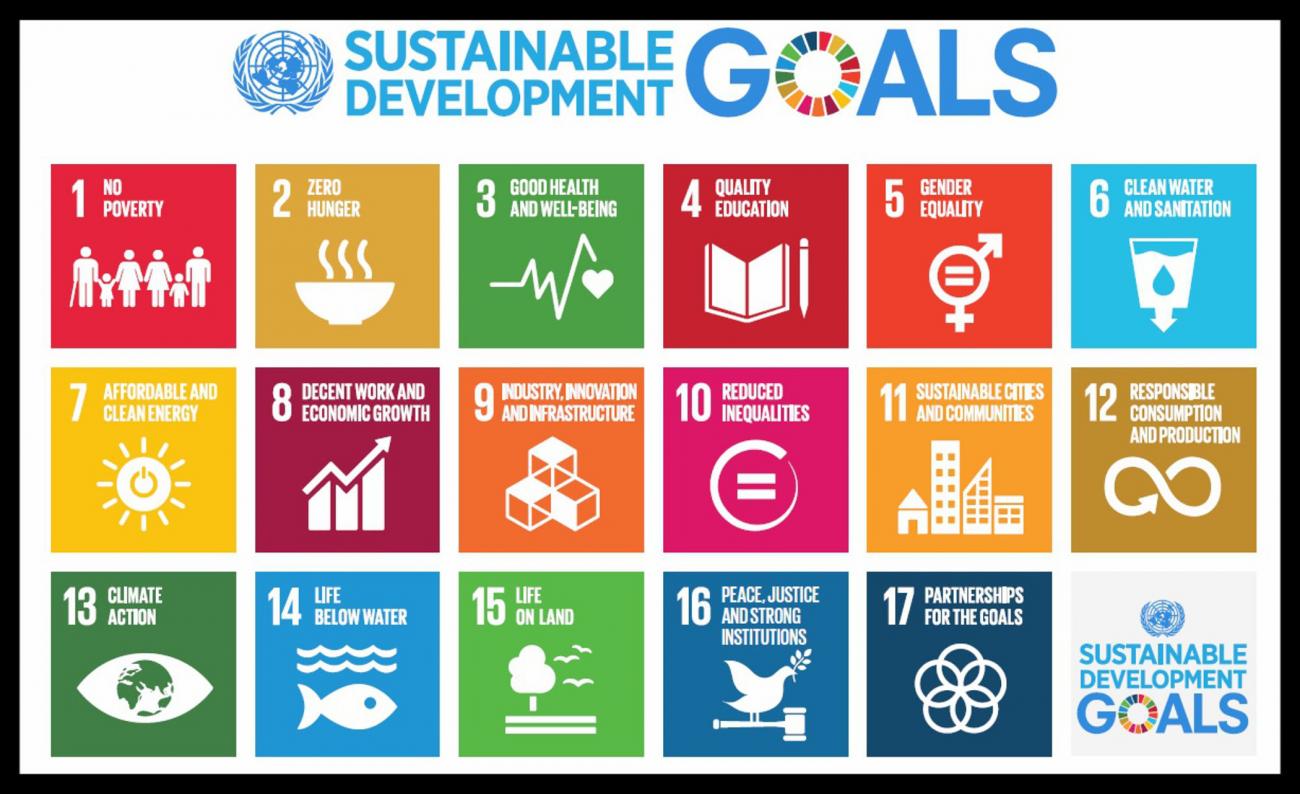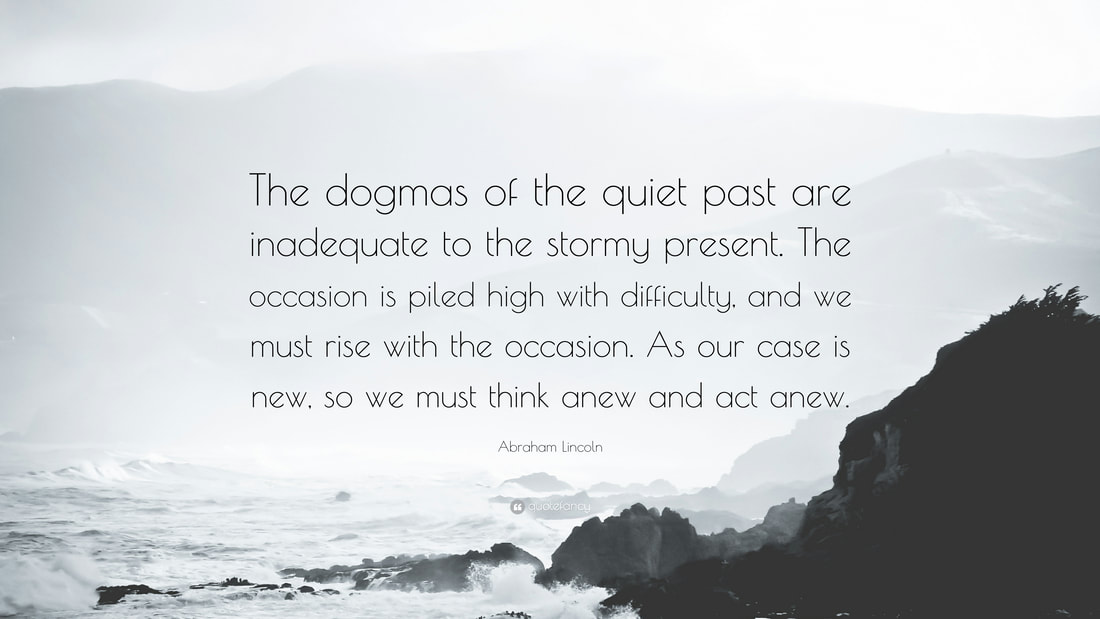Today marks the 50th anniversary of Earth Day, a day on which we honor our planet and recognize the importance of environmental stewardship and our mind-boggling interconnectedness. Since 1970, the world population doubled, from 3.7 billion people to 7.6 billion today. We have made great progress on some fronts, but not nearly enough.
In our triple crown leadership model, there are three mains aims: excellent, ethical, and enduring. We define the latter one, enduring, as “standing the test of time and operating sustainably.” Sustainability can be defined as “meeting the needs of the present without compromising the ability of future generations to meet their own needs” (United Nations) or, quite simply, as “the capacity to endure.”
Two Dimensions of Sustainability
We view sustainability as having two dimensions—external and internal—the latter of which is often overlooked:
- External: ensuring appropriate and sustainable levels of resource consumption, while minimizing harm
- Internal: sustaining people and maintaining the financial health of the organization
Business leaders of course must address cash, profits, and growth as they manage their organization’s financial health. Here, it turns out, there are not just costs associated with environmental stewardship but real opportunities. Businesses operating sustainably have the potential for:
- Increased sales
- Cost reduction
- Risk mitigation
- Reputation enhancement
- Operational efficiency
- Customer loyalty
- Pricing premiums
- Innovation benefits
- Competitive advantage
- Talent attraction, motivation, and retention
“We see that sustainability drives growth, cuts costs, reduces risk, and helps us serve a multitude of stakeholders.” –Paul Polman, CEO, Unilever
Of course, these gains are not automatic. Leaders must figure out viable business models and strategies, leveraging innovation and efficient operations while engaging with partners in the community and their supply chains.
None of this can happen without leading people well. Organizations must have a conscious culture that allows people to sustain excellent and ethical work over time.
Here too, we have much work to do. Take, for example, the problem of burnout:
- 44% of employees report feeling burned out sometimes (Gallup, 2018)
- 23% of employees report feeling burned out at work very often or always; 28% of millennials (Gallup, 2018)
- Nearly all of the 72 senior leaders randomly surveyed reported at least some signs of burnout (Harvard Medical School, 2014)
- 60% of health care workers felt burned out; 21% always or often (Harris Interactive, 2013)
“Creating the culture of burnout is opposite to creating a culture of sustainable creativity.” –Arianna Huffington, Cofounder, Huffington Post, and CEO, Thrive Global
The Conditions for Conscious Capitalism
Wise leadership can help create the conditions for “conscious capitalism,” including:
- Long-term thinking
- Better benefits and long-term employment for workers
- Embracing diversity and inclusion in the workplace
- Consumers valued as key stakeholders and not taken advantage of by deceptive practices
- Responsible environmental stewardship
- Reducing inequality (e.g., by addressing executive pay)
- Uniting communities around common causes and solving problems
See John Mackey and Raj Sisodia, Conscious Capitalism (Harvard Business Review Press, 2013)
There have been big developments on this front in the business world. For example, in Larry Fink’s 2018 Annual Letter to CEOs, he wrote about how companies must have a social purpose and pursue a strategy for achieving long-term growth:
“Without a sense of purpose, no company, either public or private, can achieve its full potential.” -Larry Fink, CEO, BlackRock
This was big news coming from the CEO of BlackRock, one of the world’s largest asset managers, with trillions of dollars in assets under management.
In 2019, the Business Roundtable published a statement on the purpose of a corporation. Columnist Barry Ritholtz wrote the following in Bloomberg about that dramatic statement: “For 47 years, the Business Roundtable has lobbied on behalf of corporate America. Much of that time, it maintained a fiction—that the sole purpose of a corporation was to maximize profits on behalf of shareholders. This philosophy has been under assault for several years now, and this week the Business Roundtable announced it wants to put it to rest. In a widely circulated memo, the 200-member organization reversed itself, writing that ‘shareholder primacy’ is no longer the sole purpose of a corporation. Instead, corporations must include a commitment to ‘all stakeholders,’ which includes customers, employees, suppliers and local communities.” By now, we should all be including the environment in our list of essential stakeholders, given our dependence on its resources and conditions.
According to management theorist R. Edward Freeman (creator of stakeholder theory), “Managing for stakeholders is not about trade-off thinking. It is about using innovation and entrepreneurship to make all key stakeholders better off and get all of their interests going in the same direction.” John Mackey and Raj Sisodia note that the way to enable such stakeholder synergy (avoiding trade-off thinking) “is to focus on value creation rather than on value division,” taking us back to the innovation imperative.
When it comes to the external aspects of sustainability, we are today seeing great advances in areas such as biomimicry, circular economy business models, carbon sequestration, regenerative and restorative practices, and more, in part capturing the attention of the world through the U.N.’s Sustainable Development Goals (SDGs).
These matters are not only the province of CEOs, entrepreneurs, philanthropists, and policymakers. They are our own.
“If the success or failure of this planet, and of human beings, depended on how I am and what I do, how would I be? What would I do?” –Buckminster Fuller
On this 50th anniversary of Earth Day, we must take careful stock and act appropriately—and urgently. So much is at stake.
+++++++++++++++++++++++++++
Gregg Vanourek is a writer, teacher, speaker, and coach on personal and leadership development. He is co-author of three books, including LIFE Entrepreneurs: Ordinary People Creating Extraordinary Lives (a manifesto for integrating our life and work with purpose and passion) and Triple Crown Leadership: Building Excellent, Ethical, and Enduring Organizations (called “the best book on leadership since Good to Great“). Take Gregg’s Traps Test (Common Traps of Living), check out his Best Articles, get his newsletter, or watch his TEDx talk. If you found value in this article, please forward it to a friend. Every little bit helps!






